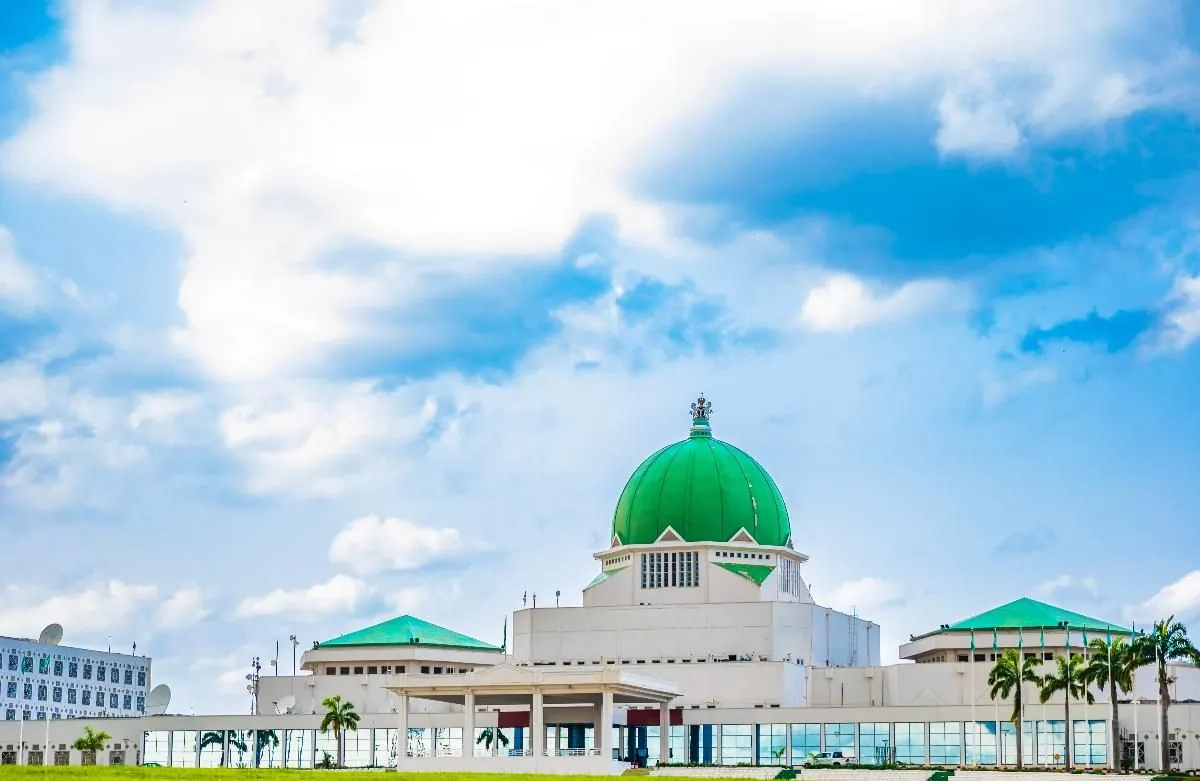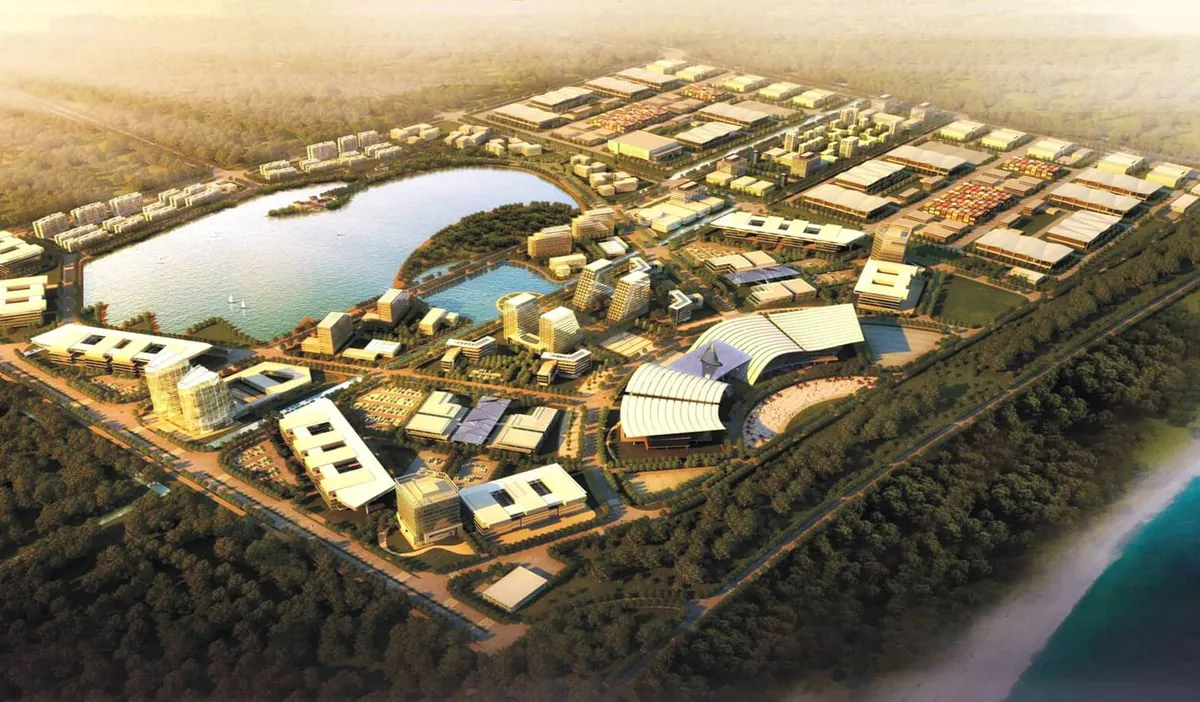Nigeria Accuses Chinese Firm of Unlawful Asset Seizure Attempts
Nigerian government claims Chinese company Zhongshan is trying to seize assets abroad, including presidential jets, over a terminated state-level contract. Nigeria denies federal involvement and seeks resolution.

The Nigerian government has leveled accusations against a Chinese company, alleging attempts to seize Nigerian assets overseas, including presidential aircraft. This dispute highlights the complex interplay of international business and diplomacy in Africa's most populous nation.
Bayo Onanuga, the presidential spokesperson, stated that Zhongshan Fucheng Industrial Investment Co. Ltd. is employing "unorthodox means" to target Nigerian government property. The company, however, has no contractual obligations with the federal government.
The conflict stems from a contract signed in 2007 between Zhongshan and Ogun State, one of Nigeria's 36 states, for the development of a free trade zone. This agreement was terminated in 2015, nearly nine years ago. According to Onanuga, Zhongshan's work was limited to erecting a perimeter fence on the designated land.

Nigeria, which gained independence from British colonial rule in 1960, operates under a federal system. This structure complicates the current dispute, as the federal government maintains it was not party to the contract between Zhongshan and Ogun State.
The Nigerian government asserts that Zhongshan has misrepresented facts in courts across multiple countries, including the United Kingdom, United States, and France. In France, the company secured an arbitration award exceeding $60 million, which Nigeria has refused to pay.
Onanuga revealed that Zhongshan obtained two orders from a French court in March and August 2024 to seize Nigerian assets, including presidential jets undergoing maintenance in France. The Nigerian government contends that these assets are protected by sovereign immunity from foreign legal actions.
This situation underscores the challenges Nigeria faces in its international relations and economic development. As Africa's largest economy by GDP and a major oil producer, the country has been working to attract foreign investment while navigating complex legal and diplomatic waters.
The dispute also highlights the importance of clear contractual agreements and the potential risks of state-level deals impacting national assets. Nigeria's federal government is now collaborating with Ogun State to resolve the conflict and safeguard the country's overseas assets from seizure.
This case occurs against the backdrop of Nigeria's ongoing efforts to diversify its economy and improve its business environment. The country has been making strides in various sectors, including a growing tech industry centered in Lagos, which has become a hub for startups in recent years.
As the situation unfolds, it remains to be seen how this dispute will impact Nigeria's relations with China and its broader international business partnerships. The resolution of this conflict could have significant implications for future foreign investments in the country and its economic development strategies.
"Zhongshan has no solid ground to demand restitution from the Ogun State Government based on the facts regarding the 2007 contract between the company and the State Government to manage a free-trade zone."
The Nigerian government's stance emphasizes the need for careful scrutiny of international contracts and the importance of protecting national assets in an increasingly globalized economy. As Nigeria continues to navigate these complex issues, it will need to balance its development goals with the protection of its sovereign interests.


































